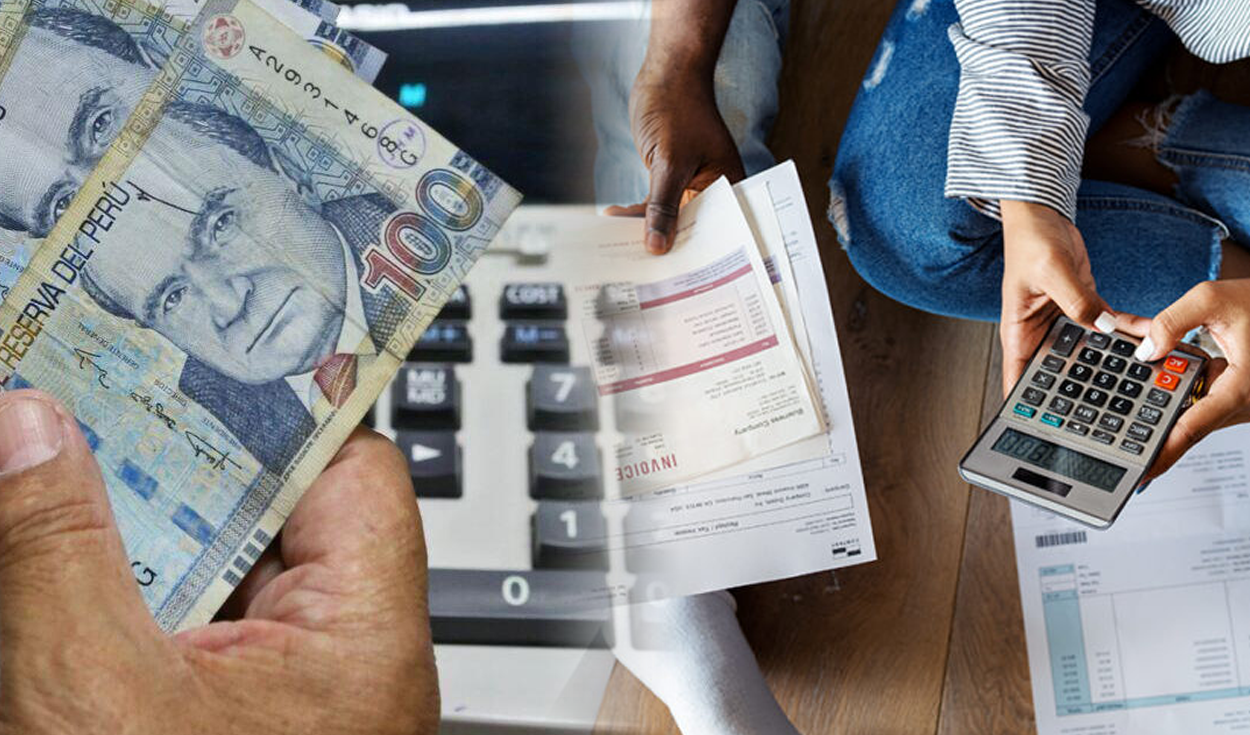
Find out how long it takes financial institutions to update your credit status after paying a debt and what steps you can take to improve your credit history.
Debt management and the credit history are crucial aspects in the financial aspect of any person. Once you have settled a debt, it is natural to wonder how long it will take for your credit profile to be updated and for you to stop appearing as a defaulter in the system. To do this, you need to know what the Superintendency of Banking, Insurance and AFP (SBS) says.
In this note, we will explore the times and procedures followed by the financial institutions and risk centers to update the status of paid debts. This way you can better understand the process and plan your finances more effectively.
How long does it take for a debtor to appear as a defaulter in the system, according to the SBS?
This process may vary depending on each entity’s policy, but generally takes between 30 to 60 days. During this time, the institution verifies the transaction and updates its database.
When a debt is paid, the first step is for the financial institution to notify the risk centers about the payment made.
It is important to note that even if the debt is paid, the delinquency history may continue to appear in the records for an additional period. Credit bureaus usually maintain a history of delinquencies as a reference, which can temporarily affect your credit profile.
What happens after I pay my debt, according to the SBS?
- You will no longer be reported to the SBS risk center from the first month of making the payment.
- Request your free certificate of no indebtednesskeep it as support in case you need it.
- Ask the financial institution to update your information if you have paid off the debt to a collection agency.
- Keep in mind that you do not need to carry out any procedure with the SBS to stop appearing as reported.
- Identify your fixed monthly expenses and include a budget for transportation, outings, coffee or meals out. These ‘ant expenses’ can accumulate if you don’t control them. Group them together and define a budget, making sure you don’t exceed it.
How to improve my credit history?
- Check your Reports: Regularly review your credit reports to make sure all paid debts are up to date.
- Request for rectifications: If you find errors, request immediate correction with the necessary documentation.
- Maintain Good Credit Conduct: Make sure you pay your obligations on time to avoid future delinquencies.
- Use Credit Responsibly: Maintain responsible use of your credit cards and other loans to improve your credit score over time.
What is the function of the SBS?
The Superintendency of Banking, Insurance and AFP (SBS) of Peru is a government entity in charge of regulating and supervising the financial system, the insurance system and the private pension system. Its objective is to ensure the stability, solvency and transparency of these entities, as well as to protect the interests of depositors, policyholders and members. The SBS also promotes financial inclusion and financial education in the country.
What are the consequences of being in arrears?
Having a history of late payments can affect your ability to obtain new credit or financial services. Even after paying off your debt, your record of late payments can influence financial institutions’ risk assessment. That’s why it’s essential to maintain fluid communication with your creditors and make sure your payments are reported on time.
Source: Larepublica
Alia is a professional author and journalist, working at 247 news agency. She writes on various topics from economy news to general interest pieces, providing readers with relevant and informative content. With years of experience, she brings a unique perspective and in-depth analysis to her work.












